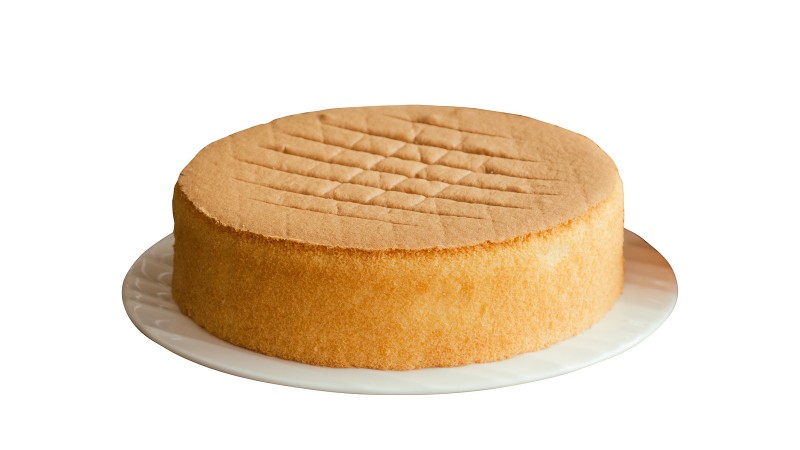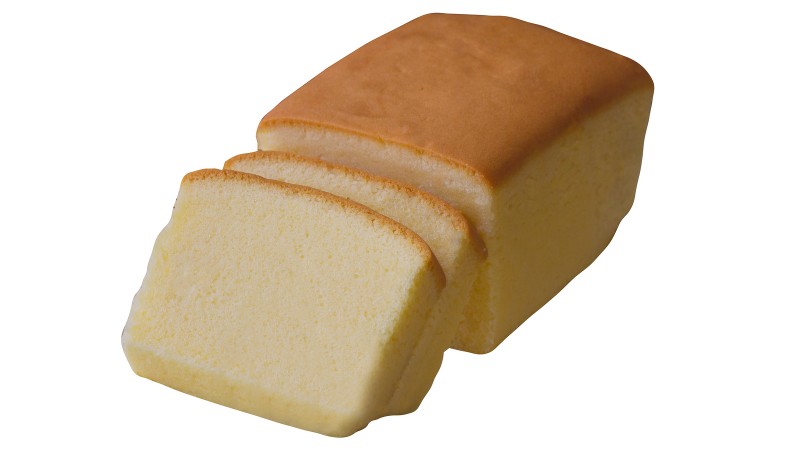Bread Products
FROZEN/COOLED DOUGH*
Yeast damage and protein denaturation caused by storing dough in a refrigerator or freezer will negatively influence the quality of the product. Sucrose esters decrease yeast damage by acting as a cryoprotectant to yeast cells. Furthermore, addition of sucrose esters prevents wheat denaturation during freezing. As a result, the damage to the frozen dough is minimized. The use of sucrose esters also prevents the appearance of blisters on f.e. pizza or baguette crust when dough retarding is applied.
BREAD*
Sisterna sucrose esters interact to gluten, which results in dough with higher tolerance to mechanical working and better gas retention. As sucrose esters complex with starch, gelatinisation is delayed. During baking, the volume can increase further, before the structure is fixed by gelatinisation. A high volume and fine crumb is obtained. Starch complexing also inhibits retrogradation, and keeps the bread fresh and soft: shelf life can be extended. The combination with enzymes even further improve the quality of bread products.
LOW FAT BRIOCHE*
Sucrose esters are effective emulsifiers, which give a better fat dispersion. Furthermore they interact with starches. For brioche this results in three main functionalities of sucrose esters:
- Creates a very fine dough crumb
- Delays staling of brioche
- Enables fat reduction without the side effects of a hard dry texture and quick staling
* In Europe sucrose esters are not permitted in daily bread. They are permitted in fine bakery wares. For regulatory information on bakery wares in Europe, download regulation Europe.
Benefits
- More flexible dough
- Better gas retention
- Higher volume
- Finer and softer crumb
- Homogeneous crust
- Longer shelf life
0.2-0.5 parts (of flour) Sisterna SP70
Sisterna's advice
Other Bakery Products
Find Your Local Distributor
Sisterna maintains a sales and promotion distribution network throughout Europe and the US. These exclusive distributors are frequently trained and updated with the latest developments and can thus provide technical help alongside the standard things such as brochures, samples and products.







